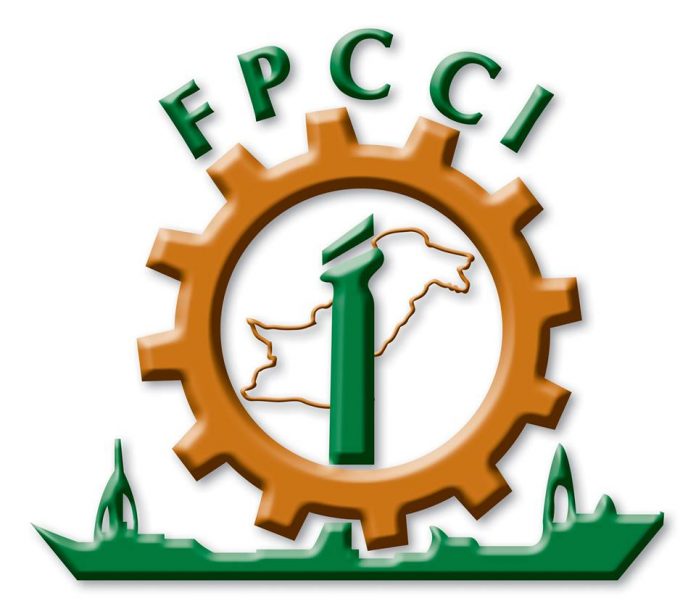The Federation of Pakistan Chambers of Commerce and Industry (FPCCI) on Monday urged the government to tangibly incentivize and subsidize industrialization, import substitution, exploration of new import markets for competitive imports, IT exports and facilitate small and medium enterprises in the export-oriented industries for the near-term gains.
FPCCI President Irfan Iqbal Sheikh, in a statement, also made it clear that the access to finance should be made affordable to create an enabling environment for the businesses to remain competitive in the regional and international markets.
He said the country witnessed some $ 39.3 billion trade deficit in last 10 months. “It translates into approximately $4 billion per month on an average and will be close to $50 billion when the year ends,” he added.
The FPCCI chief noted that the growth rate in imports was double than that of the exports. It had nullified the diligent hard work of the exporters in the current fiscal year to earn the precious foreign exchange for the country.
He said the time had come to take tough decisions swiftly to support exporters as the State Bank’s foreign exchange reserves of $10.5 billion were not even sufficient to cover two months of imports.
Imports for the period of July 2021- April 2022 stood at $65.5 billion, which showed an enormous and unsustainable increase of $20.8 billion in absolute terms, he added.
The last government, he said, had estimated that the total imports in the fiscal year 2021-22 would be $55.2 billion, but instead the same touched $65.5 billion till April 2022. “This phenomenon needs to be thoroughly assessed and analyzed in the broader national interest and strategic measures should be put in place to ensure the very economic security of the country,” he added.
He maintained that the exporters had performed exceedingly well in the current fiscal year as they had exported roughly 25 percent more on an year-on-year basis and could continue to do so in the next year as well, provided the government creates an enabling environment through curtailing cost of doing business, improving the ease of doing business environment, ensuring reliable and affordable electricity and gas supplies to the industry, stabilizing exchange rate and presenting a business-friendly budget in consultation with the stakeholders.
He said only enhancing the exports and bridging the trade gap had the potential to help stabilize the economy, put a halt to rupee depreciation, create millions of jobs and generate hundreds of billions in taxes.




